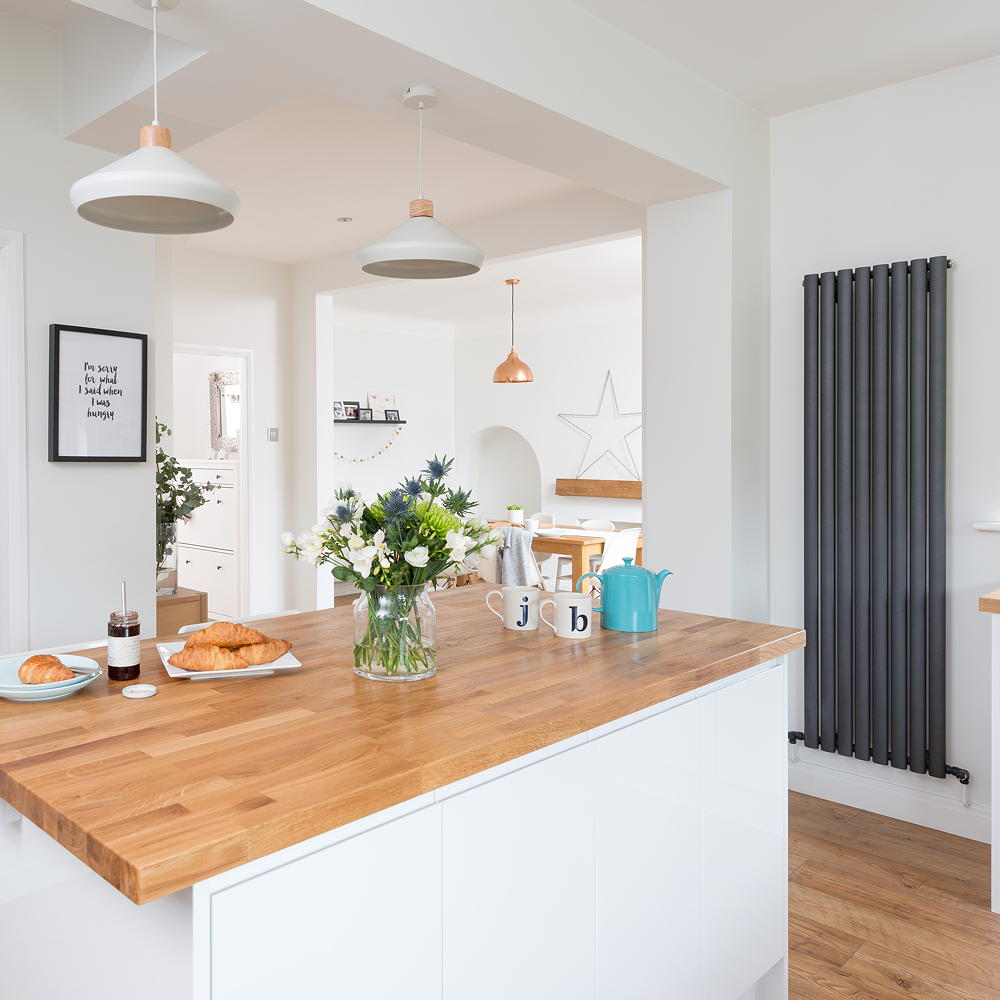Ofgem reveals plans to remove gas central boilers from all households by 2050
How will it affect you?

Energy regulator Ofgem has unveiled plans to rip gas central heating out of all homes by 2050.
Related: You could be banned from the best energy deals if you don't have one of THESE
Earlier this week Ofgem outlined changes households will need to make to meet the government's target of net-zero carbon emissions by 2050.
Gas central heating to be removed by 2050
One of the changes outlined in Ofgem's Decarbonisation Action involved households changing how they use energy. This would mean switching from gas boilers to a lower-carbon source.

'To meet net-zero, Britain will see changes to the way homes and businesses are heated,' says Jonathan Brearley, chief executive at Ofgem. 'This might include using hydrogen boilers or electricity to power heat pumps and may see more customers connected to heat networks.'
'Ofgem will use its expertise to work closely with government as it develops its strategy to decarbonise heat,' he adds.
What does all this mean for everyday households?
In 2017, 4.5 per cent of energy used for heating UK homes came from a low-carbon source. So, the regulator hopes to help raise this number, but it's still not sure how to do it.
Get the Ideal Home Newsletter
Sign up to our newsletter for style and decor inspiration, house makeovers, project advice and more.

There are three main options that Ofgem can pursue, two of which involve removing gas boilers from homes.
The first option could see gas central heating scrapped in favour of a heating system that pumps hot water and air through pipes. Alternatively, electricity could be used to warm homes. A third option is to upgrade gas boilers to work with hydrogen, a decarbonised gas.

What we all want to know is what this change could mean for our wallets? Ofgem has said that it is still too early to know what the costs to households could be.
However, energy experts have warned that the changes could fall heavily on household bills. Especially as low-carbon heat networks often involve pricey underfloor heating and expensive larger radiators.
While we wait for further updates, you can start doing your little bit for the environment by switching to a renewable energy tariff. Simply go onto a price comparison and find the best one for you.
Related: This is the perfect temperature to set your heating at and keep EVERYONE happy
Making this small switch you can reduce your annual carbon footprint by two tonnes, and all while saving you a little money along the way.

Rebecca Knight has been the Deputy Editor on the Ideal Home Website since 2022. She graduated with a Masters degree in magazine journalism from City, University of London in 2018, before starting her journalism career as a staff writer on women's weekly magazines. She fell into the world of homes and interiors after joining the Ideal Home website team in 2019 as a Digital Writer. In 2020 she moved into position of Homes News Editor working across Homes & Gardens, LivingEtc, Real Homes, Gardeningetc and Ideal Home covering everything from the latest viral cleaning hack to the next big interior trend.
-
 Will a conservatory add value to your home and how can you maximise it?
Will a conservatory add value to your home and how can you maximise it?This is what the pros say
By Amy Reeves
-
 I’ve been looking for a new signature scent for my home and The White Company's new fragrance is the exact summer holiday smell I needed
I’ve been looking for a new signature scent for my home and The White Company's new fragrance is the exact summer holiday smell I neededSantorini smells fresh, summery and sophisticated
By Kezia Reynolds
-
 How to remove algae from garden walls in five steps – and the cleaning product experts rave about for tackling it fast
How to remove algae from garden walls in five steps – and the cleaning product experts rave about for tackling it fastExperts share their top tips for getting garden walls algae-free
By Katie Sims